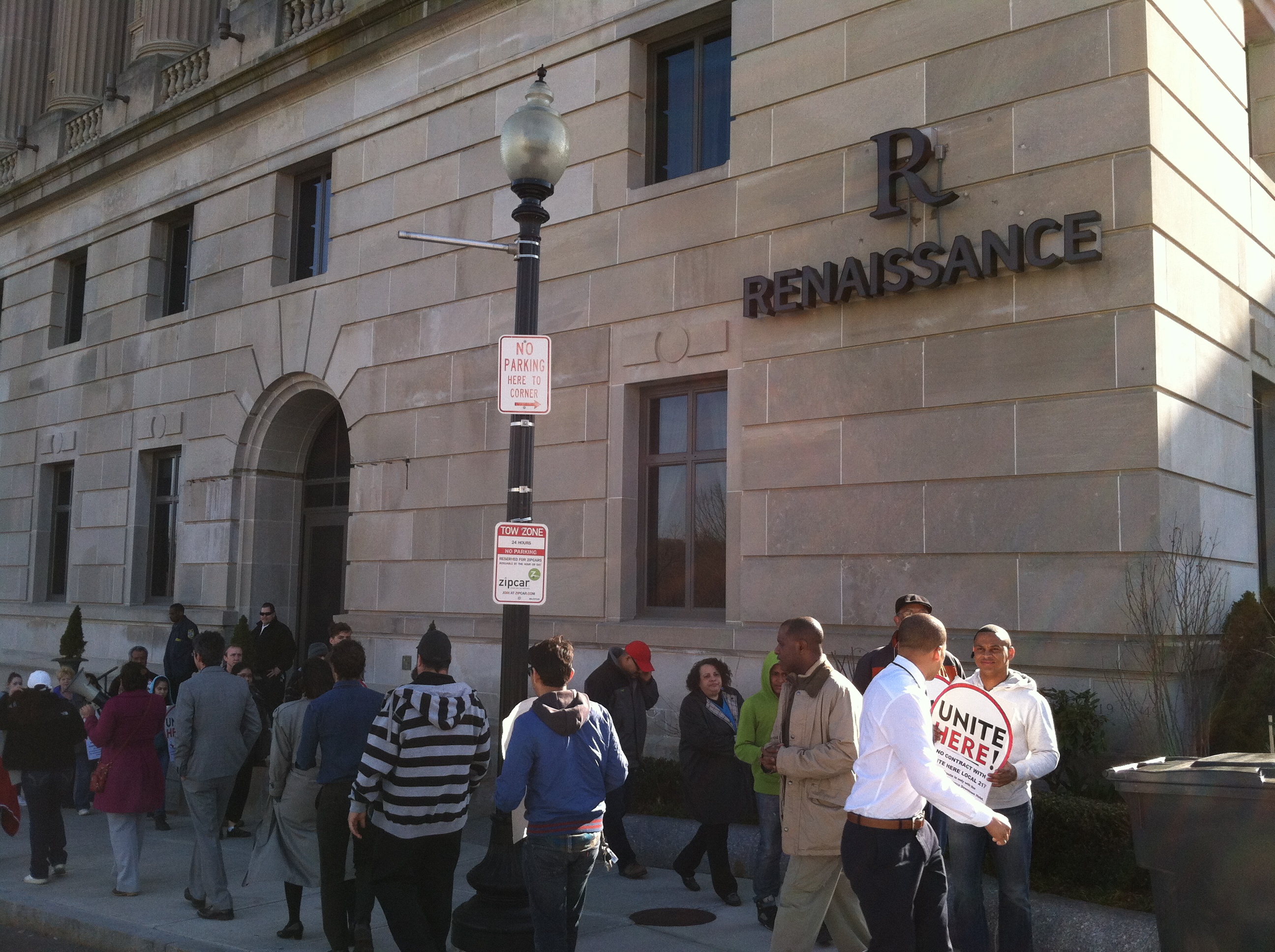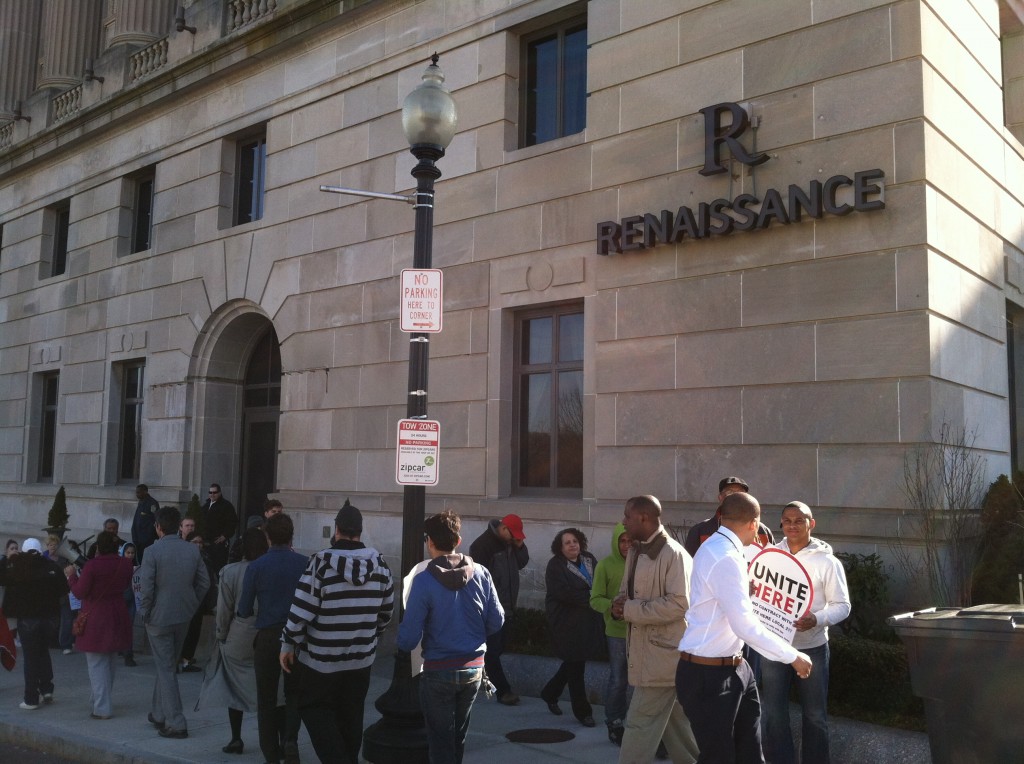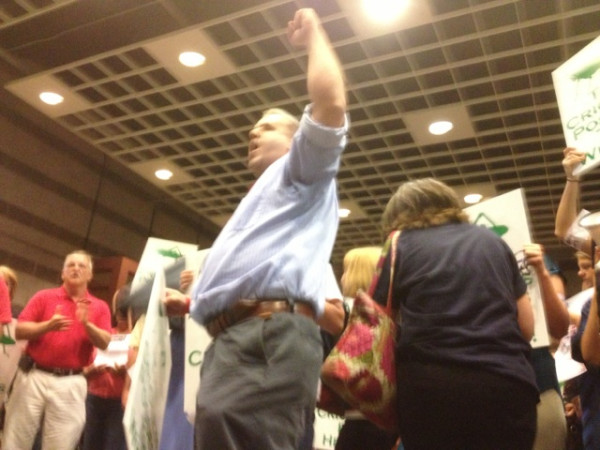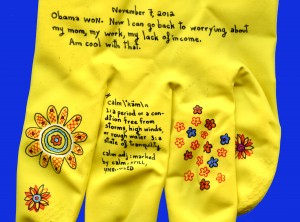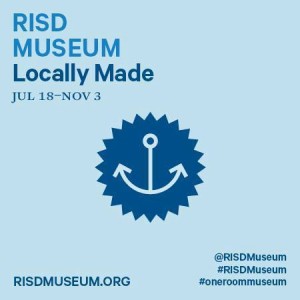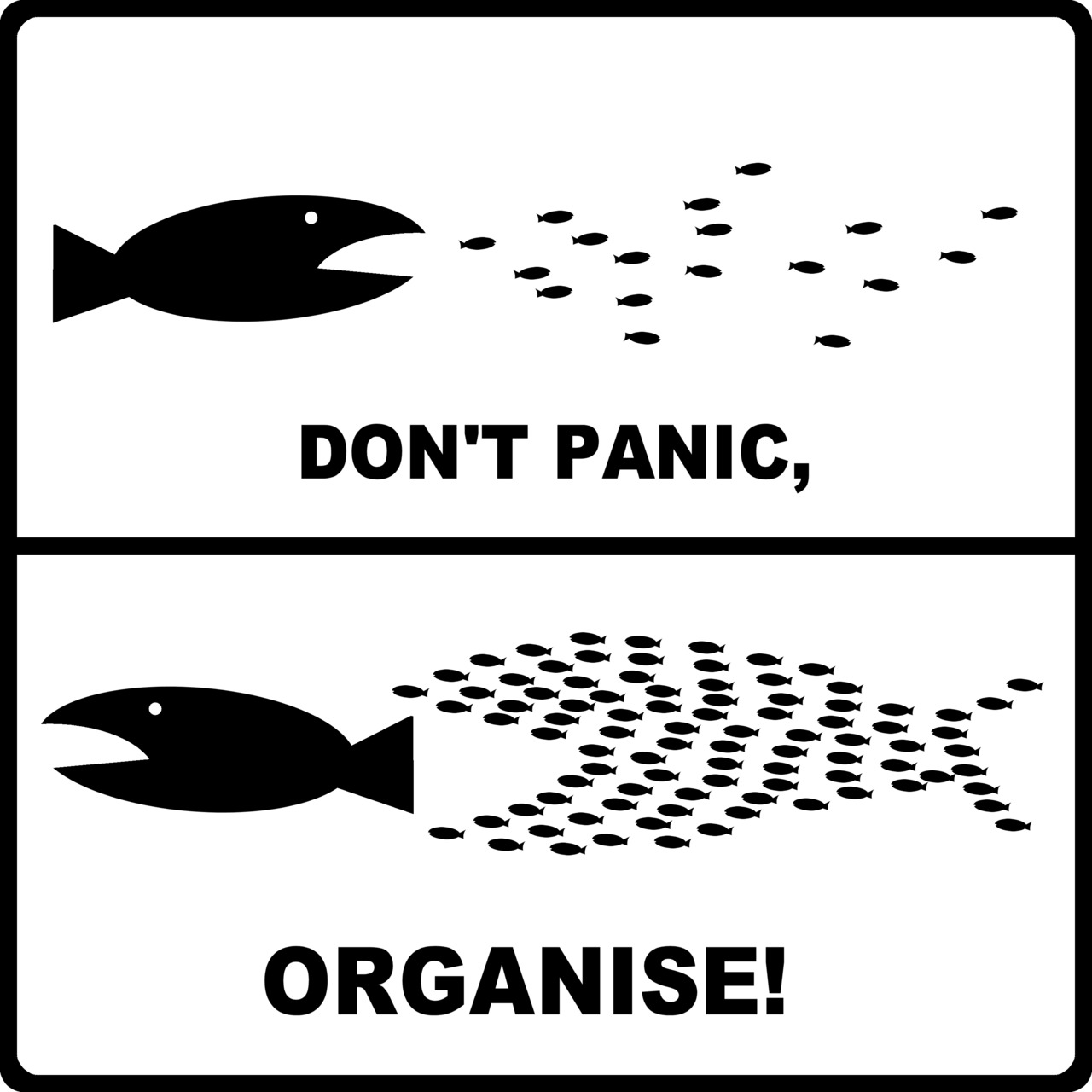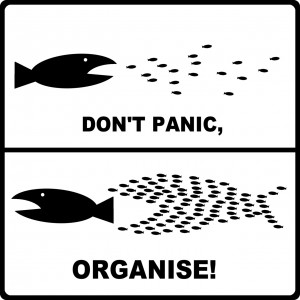The greatest divide between Americans is political party; outdoing race, income, and education gaps. Instead of viewing issues in black and white, it’s red and blue. It’s natural then that political observers would look for solutions to our growing partisanship. One I’ve seen advanced is the nonpartisan blanket primary. It has many pseudonyms, but the one I like best is “jungle primary”. The idea is that instead of holding a primary for each party, all candidates are grouped into a single ballot; regardless of party affiliation (or lack thereof). The two highest vote earners then proceed on to the general election.
In theory, this looks alright, and the Wikipedia article (linked above) has examples from real elections to demonstrate various campaign dynamics. The jungle primary already exists in Louisiana, Washington, and California; so all the examples are from American elections.
Let’s run through the political calculus first. Since the political parties can’t pick and endorse a candidate, they can’t control who runs under their banner. Remember, there’s no limit on the number of candidates, regardless of political affiliation. Ostensibly, this should mean that candidates should focus on attracting as wide a spectrum of voters as possible, forcing candidates to move to the center to pick up the most votes.
However, one only needs to win the second most votes to go to the general election. And in primary elections, which have reduced importance in voters’ eyes, the winner is determined by who can get their voters to the polls. And determinedly partisan voters turnout more in primary elections (which are, after all, about choosing parties’ candidates). Thus, there’s an incentive to move to heavily partisan positions to attract the most voters from your party; leading to a general election featuring two radicals rather than two moderates. We can already see this dynamic in regular primaries: candidates tack towards partisanship during the primaries and then tack center in the general election.

The classic example of the failure to select moderates is from Louisiana, where David Duke, the former KKK Grand Wizard, knocked out a moderate Republican incumbent in the jungle primary for governor. Republicans should’ve waltzed to a reelection victory. But Duke (who ran as a Republican) mobilized voters who shared his views, and the structure of the jungle primary meant he went onwards to lose spectacularly (his opponent and architect of Louisiana’s jungle primary, Edwin Edwards, makes Buddy Cianci look like a boy scout; it had been suggested that the only way Edwards could win another election was to run against Adolf Hitler).
Another issue is that it can produce two candidates of the same party. Now, in some races, this leads to one or both candidates tacking center to gain voters of the unrepresented party. But in a place where one party’s dominance is so complete that the other can only succeed in extraordinary circumstances, why bother? Take the 2010 races for US Congress in RI. The general election would’ve seen exactly zero Republican candidates, if the votes had stayed the same. The same would’ve held true for Lieutenant Governor, Secretary of State, and Attorney General. Demoralized Republicans may have well sat out the election in the face of so many one-party races, which could have further eroded support for Republican gubernatorial candidate John Robitaille. We should expect Democratic dominance to worsen in Rhode Island, should the jungle primary be put in place; at least in the immediate short-term.
Proponents might counter that the victorious candidates would’ve been the more moderate ones. Fine. Let’s examine the 2010 race for US Congressional District 1. A jungle primary would’ve produced a general election match-up between Anthony Gemma and David Cicilline. Gemma was an incompetent candidate in 2010, but the depths of his incompetency have only recently been revealed. This was a man who recklessly cast aspersions on the legitimacy of Rhode Island elections without proof. If he were supposed to be the “moderate” candidate in 2010, we have to ask ourselves how well he would’ve served Rhode Island should he have triumphed over Cicilline. The moderate candidate is not always the correct one.
The jungle primary also punishes parties with multiple candidates. For instance, if multiple candidates see a chance to win the partisan vote, and they run, they split that vote up. So while that bloc of voters could be a majority of all voters, a handful of relatively similar candidates could end up ensuring that none of them even make it to the general election. Hypothetically, it becomes possible where a party becomes tired of this situation and sets up a primary to select a single candidate to contest the jungle primary.
And if it gets to that point you’ve caused parties to reinvent the primary. This is unnecessary, because the primary is supposed to serve as the party primary. The primary is a function of the political party. The state operates the primary on behalf the political party. There’s nothing inherent to a political party that requires that it even hold elections, it just wouldn’t be very popular if it didn’t (although there is tricky language that the state’s passed mandating that primary elections be held like general elections “as nearly as may be” and prevents political parties from holding conventions and caucuses to elect candidates).
That primaries are for political parties is exactly why you’re required to temporarily affiliate if you’re unaffiliated and cast your ballot in a primary. For that moment, you’re a Democrat or Republican. If the Moderates needed a primary, the state would create one for them. And this gets to a more troubling part of the primary system: state law determines who has one and what form it takes. Parties can request changes from the General Assembly, but the will of the state is the ultimate arbiter of how those primaries work. The jungle primary excises the political party from a process held on behalf of the party.
“Good!” you may say. “After all, political parties are a stain on American democracy, George Washington warned us not descend into political factionalism, etc., etc.” Yes. But they’re also a remarkably effectively organizing tool, such that there are virtually no democracies that operate without them. Factionalism in the United States predates the Declaration of Independence; it’s how any group of people organizes themselves to take on complex tasks like passing items. Parties wouldn’t collapse, they’d figure out new ways of organizing around the constraints.
The final argument against the jungle primary is that there’s a better system in existence for achieving a more representative result. It’s called a run-off election, and it’s what a jungle primary is trying to be without succeeding. The major difference between round one of a run-off election (where multiple candidates compete with the hopes of being one of the top two vote earners) is that a properly-operated run-off election ends if a candidate receives a majority in the first round. Primaries, by their nature of being nominating contests, can’t end in that manner (nor would you want them to, given that they take place so far from election day).
Take the last election for mayor of Central Falls. Because candidates participated in a jungle primary that took place on election day in November, the city was unable to elect a mayor on the date they should have. They had to wait until December. However, it was a foregone conclusion that James Diossa would win, since he annihilated his opponents in the primary. Under a rational system, Diossa would’ve been declared the winner in November. As it was, Central Falls had to wait another month, plus face a conflict over the expense of polling places.
This is because the jungle primary is wedded to the form of the primary, without regard for its purpose. And if we lose the sight of what the purpose of our elections are for, then why bother holding them in the first place?


